|
August 19, 2023, marked the sad farewell homegoing celebration of a great American. I was privileged to be honored with Professor Charles Ogletree during a Boston Red Sox game in August 2016, along with other community and civic activists. In March 2017, I honored Professor Ogletree during my Black History Empowerment Breakfast. He was a great lawyer, Harvard Law School professor, social justice advocate, and adviser to President Barack and Michelle Obama. Most importantly, he was the treasured husband of Pamela Ogletree, father, grandfather, and longtime member of St. Paul AME Church in Cambridge before Alzheimer's caused his family to move to Maryland.
Charles Ogletree, Jr. was the Harvard Law School Jesse Climenko Professor of Law and Founding and Executive Director of the Charles Hamilton Houston Institute for Race and Justice. Professor Ogletree was the author and co-editor of several books, including The Presumption of Guilt: The Arrest of Professor Henry Louis Gates, Jr. (June 2010 Palgrave MacMillan), When Law Fails: Making Sense of Miscarriages of Justice (2009), From Lynch Mobs to the Killing State: Race and the Death Penalty in America (2006), and All Deliberate Speed: Reflections on the First Half-Century of Brown v. Board of Education (2004). Ogletree was born on December 31, 1952, to Charles Sr. and Willie Mae Ogletree, the first of their five children. He grew up in a rural northern California community called Merced, with a small African-American population living south of its railroad tracks. His maternal grandparents, Big Daddy and Big Mama, were an essential influence on the young Ogletree. With his grandfather, he would fish for hours, and from Big Mama, he learned how to cook and, thus, learned self-sufficiency. He would later credit both grandparents as profoundly influencing his demeanor and tactics as a trial lawyer. However, Ogletree's parents' marriage was plagued by periodic violence, and they eventually divorced, although they remained on good terms. A bright child who spent free hours in the public library and brought home good grades from school, his first brushes with the law—especially watching his father being taken away in cuffs after incidents of domestic violence at the Ogletree house—instilled in him a deep distrust of and feelings of powerlessness toward the law enforcement community. Professor Ogletree graduated from high school and earned an M.A. and B.A. (with distinction) in Political Science from Stanford University, where he was Phi Beta Kappa. He also held a J.D. from Harvard Law School. He also received honorary doctorates from several universities and colleges, including Cambridge College, Wilberforce University, the University of Miami, the New England School of Law, Lincoln College, Tougaloo College, Mount Holyoke College, and Amherst College. May his legacy be remembered by us all forever. Well done, my good and faithful servant. Well done. (Biographical sources from Harvard University, the family, and https://biography.jrank.org/pages/2366/Ogletree-Jr-Charles.html.)
0 Comments
Celebrating Juneteenth is a relatively new tradition for me. Not because of its significance or historical value but more in alignment with regional awareness. I was born and raised in Detroit, Michigan, and most African Americans who grew up in the Motor City in the 1940s, 50s, and 60s trace their roots to the Southeastern US states. My family hailed from Georgia and South Carolina before migrating to Detroit. Our story was a bit different from those that originated in Mississippi, Arkansas, Louisiana, and especially Texas. Blacks from those states typically migrated North to the middle of the country and westward when African Americans sought refuge from oppressive Southern racism between the early 1900s to 1970.* I knew of very few Juneteenth celebrations that happened in Detroit. It would be years later when I fully understood the importance of the day that finally set Texas slaves free. And that recognition has grown to admiration and honor for some 250,000 slaves who heard the news of their freedom two and a half years after President Lincoln freed them via the Emancipation Proclamation. Juneteenth is America's second Independence Day. That phrase was coined by the activists who worked tirelessly to elevate Jubilee Day, now known as Juneteenth, to respectable levels of honor, dignity, and liberation. It took 156 years to make Juneteenth a federal holiday when President Joe Biden signed it into law on June 17, 2021. Now is the opportunity to celebrate the "rebirth" of a people whose shackles were finally lifted by General Order No 3 on June 19, 1865, in Galveston, Texas. Juneteenth is synonymous with celebration. It gives permission for Americans everywhere to barbecue, have fish fries, drink red soda, dance, and spread good news while you party all night. I went to my first Juneteenth community event at Boston's Franklin Park on June 15, 2019. Thousands of Black, Brown, Asian and White metro-Bostonians gathered at Franklin Park in family groupings, sororities, fraternities, and civic organizations for a daylong love fest in tribute to Juneteenth. It was pure love and fellowship, and now, four years later, I can't wipe that smile off my face. The pandemic prevented the festivities from taking place in 2020 and 2021. However, the Juneteenth celebrations resumed at Franklin Park on Saturday, June 18, 2022. Today's activities in Boston on June 17, 2023, will sadly be minimized by heavy rains that saturate the region. However, Juneteenth will be celebrated on Monday, June 19, 2023, in Brockton, Massachusetts, where they've been celebrating the event for many years. Undoubtedly the, Juneteenth will be celebrated throughout the country for the rest of the weekend and beyond. In her book, On Juneteenth, historian, Harvard law professor, and native Texan Annette Gordon-Reed said it this way: "People of African descent, and to be honest, of some European descent, celebrating the end of slavery in Texas with dishes learned in slavery and a dish favored by ancient Mesoamerican Indians that connected Texas to its Mexican past; so much Texas history brought together for this one special day." Professor Gordon-Reed says it best. Juneteenth throws off the shackles of slavery and brings all people together with food, fellowship, and fun. That spirit signifies the second Independence Day for all Americans, including those in the Black Community. Juneteenth represents the freedom of not just Black people but all Americans to live their lives in the spirit of cross-cultural understanding. That celebratory day in Galveston, Texas is as important in our lifetime as it was way back in 1865. *To learn more about the great Black migration in the United States, read Isabel Wilkerson's book The Warmth of Other Suns.
I have worked with or known some of the best diversity professionals in the industry. After 36 years of crisscrossing the country and the world, I should know a thing or two about the concepts, terms, and ideologies of diversity, equity, inclusion, belonging, and multiculturalism. That includes the years I was a member of the Diversity Collegium co-founded by the late great Dr. Roosevelt Thomas and Dr. Price Cobbs. Dr. Mary Frances Winters, Kay Iwata, and Julie O'Mara were also my colleagues in the Collegium for many years. We traveled the country meeting on key issues and paved the way for the current crop of DEIB professionals in the US.
And throughout the years, during my Collegium days and beyond, we NEVER designed a training module focused on Critical Race Theory! It may have been discussed but it was NEVER a part of our strategic design. So…What is the Critical Race Theory? Critical Race Theory (CRT) is an academic and legal framework created by law experts and scholars in the 1970s and 80s that has blown up into a controversial hot topic around the country. CRT is now tied to educational efforts as either an ideological concept or a threat to the "freedom" of our nation. Despite the naysayers, CRT has never been used as the educational foundation for public school systems around the United States, nor has it been the principal framework used by diversity experts in the country. Who are some of the "framers" of CRT? The late Attorney Derrick Bell, while on the faculty of Harvard Law School, was one of the early framers of CRT. Civil Rights advocate, attorney, and academician Kimberlé Crenshaw was also an early scholar who helped shape the concept. They were academic leaders looking at systemic racism from an institutional perspective. They had NO reason to roll out a CRT course for elementary school students. Is CRT designed for elementary students? NO! It has NEVER been designed with elementary, middle, or high school students in mind. It principally was confined to exploration in the legal and social justice arenas. Why is CRT such a controversial topic? Sadly, right-wing conservative groups have latched on to CRT and are now using it as a wedge issue as they wage culture wars across the United States. They have flipped it and now use messaging to denounce it as a racist ideology promoted by left-wing progressives. When did the CRT controversy start? It started under the Trump administration. On September 22, 2020, at the end of his term in office, President Trump signed Executive Order #13950 banning diversity training, CRT "training," gender identity, and sexual orientation training within federal agencies and contractors. I lost business because of that order. Although the Executive Order was reversed by President Biden, various state legislatures across the US continued to push to ban CRT, diversity, gender identity, and sexual orientation educational efforts, primarily in public schools. Again CRT has never been taught in public schools, yet it has been targeted in various legislative bills across the United States. What states are targeting anti CRT legislation? To date, more than 44 states proposed or passed anti-CRT legislation impacting public school systems and job sites in New Hampshire, Texas, Tennessee, Kentucky, Florida, and several others. It started with Florida's ruling called the "Don't Say Gay" law, impacting grades Kindergarten through Third Grade, and bans any specific discussion about gender identity or sexual orientation in the classrooms. It passed the state Senate and was signed by the Governor of Florida on Monday, March 29, 2022. The law went into affect in July 2022 Florida continues to lead in anti CRT legislation that now targets public/state colleges and universities. As of February 2023, Florida House Bill 999/SB 266 is pending in their state legislature. It states the following: Requires public college and university governing boards to review their institutions for violations of HB 7 or programs that are "based on theories that systemic racism, sexism, oppression, or privilege are inherent in the institutions of the United States and were created to maintain social, political, or economic inequities." Colleges and universities are also prohibited from expending any funds, regardless of source, that promotes or supports a program that violates HB 7, espouses diversity, equity, and inclusion, or promotes political or social activism. All general education courses must be "based on the fundamental truth that all persons are equal before the law and have inalienable rights and may not distort significant historical events or include a curriculum that teaches identity politics, violates [HB 7], or is based on theories that systemic racism, sexism, oppression, or privilege are inherent in the institutions of the United States and were created to maintain social, political, or economic inequities." In New Hampshire, a pending law prohibits specific discussions about race or sex as mandatory student or employee training. Teachers can lose their license if caught teaching about race, gender identity, or sexual orientation. The bill was slipped in under the state budget without the benefit of the full range of discussion or hearings. So, where can I learn more about CRT and the fight to reverse the legislation designed to kill it? Start with the NAACP Legal Defense Fund document about CRT. Download it here: https://bit.ly/3r7V5QQ The NAACP Legal Defense Funds articulates it this way: Critical Race Theory recognizes that racism is more than the result of individual bias and prejudice. It is embedded in laws, policies, and institutions that uphold and reproduce racial inequalities. According to CRT, societal issues like Black Americans' higher mortality rate, outsized exposure to police violence, the school-to-prison pipeline, denial of affordable housing, and the rates of the death of Black women in childbirth are not unrelated anomalies. Here is an entire webpage I created to help you understand CRT: http://www.tellcarole.com/understanding-crt.html Good Book To Read: Race, Rights, and Redemption: The Derrick Bell Lectures On The Law And Critical Race Theory Edited by Janet Deward Bell and Vincent M. Southerland LIVE State by State Update on Anti-CRT GAG Orders https://bit.ly/3r8TQBd Good YouTube Video To Watch on Right-Wing Groups and Why They Are Fighting Against CRT https://www.youtube.com/watch?v=KtJ3s6YECAc&t=7s Now do your homework, make up your OWN mind and talk to your friends, students, colleagues, or neighbors about WHY you support or denounce CRT. The choice is YOURS. Rinse and Repeat Racism
I was always perplexed when a dear friend of mine, a well-known social justice advocate, would become angry and upset with the racism she clearly saw that I did not. Back in those days when we had just elected our first Black president, there was a clear expectation that our country would move forward and race relationships would simply get better. What I saw from a superficial perspective, my friend saw as the naked truth. You see, racism merely turned the corner and became less obvious to most who were still celebrating the triumphant success of Barack Obama. Now I fast forward some 15 years later and have new insights that my friend had seen years ago. Racism, sadly, is alive and well in 2023 and, in some respects, has graduated to a new insidious level. If you don't believe me, let's go through just a few incidents that happened in 2023. A Black man is tortured and killed slowly in the South, compliments of the Memphis Tennessee Police Department. They even videotaped part of their execution. The incident happened on January 7, 2023, and the police department released the video while I was on a cruise. I made the following remarks on my social media pages following the death of Tyre Nichols: "This was extremely difficult to watch because of the inhumanity and brutality of these evil individuals who call themselves police officers and EMT workers. They have now stained the reputations of this innocent young man, his family, and their families alike. Sadly, these incidences will continue unless there is massive federal and state reform to curb the power of the police. Tragic and only verifies the vulnerability of young Black men everywhere. The fact that the police officers were Black makes it doubly difficult and tragic." I'm calling it "Rinse and Repeat Racism." It didn't take long for Tennessee to affirm its Rinse and Repeat Racism. A few weeks ago, we witnessed the removal of Justin Jones and Justin Pearson, two brilliant Black state representatives who were expelled from the Tennessee House of Representatives because of their peaceful activism for gun reform following the Christian school massacre in Nashville. There have been so many shootings this year; let me refresh your memory. This shooting was the school where the 28-year-old killed three children and three adults in Nashville. Students, educators, parents, and three legislators protested in the Tennessee State House, demanding gun reform laws be adopted to keep citizens safe. Instead of the GOP lead leaders responding to the protesters as a group, they turned their attention to the three Democratic legislators who were peacefully a part of the protest. Justin Jones and Justin Pearson, both eloquent and charismatic speakers, were expelled from the State Legislature. Their White counterpart, Gloria Johnson, was saved from expulsion by one vote. If it looks like racism and smells like racism, it probably is racism. Even Representative Gloria Johnson suggested that fact during one of her interviews. The public outcry about the expulsion of these two Black leaders was so loud it shook the giant redwood trees in California. The hypocrisy and mean-spiritedness of the GOP house speaker, Cameron Sexton, were on full display. Fortunately, it didn't last more than a few days with endless television and web interviews. Within days, Justin Jones and Justin Pearson were reinstated to the State Legislature. The outside voices prevailed. The practice of Rinse and Repeat Racism, at least in this case in the State Legislature in Tennessee, was thwarted. And as if these two cases were not bad enough, we come to the ultimate case of racism in Kansas City, Missouri, when an honest mistake could have cost a teenager his life. We're talking about 16-year-old Ralph Yarl, who followed his mother's instructions. She told him to pick up his younger twin brothers and bring them back home. He did so but unfortunately made a mistake and went to the wrong house. He rang the doorbell and was immediately shot in the head by an older white man who took one look at his black face and assumed the worst. The homeowner shot him through the screen door, never even asking what the young man was doing on his doorstep. To make matters worse, after young Ralph fell to the ground, this racist homeowner shot him again. By the grace of God, neither bullet ended Ralph's life. Young Ralph had enough strength to run for help. He didn't run to one house. Institutional racism caused him to knock on three doors before one homeowner would help him. And that homeowner made him lie on the ground while they called for help. I'm not making this up. This is how rinse and repeat racism works in America. Ralph Yarl was unarmed. He was an honor student. Played multiple instruments and led his band section at school. You couldn't ask for a more model student, regardless of his skin color. But because one old White guy was stuck in the past and only saw Black people as worthless creatures, he intended to kill this brilliant young black man in "self-defense." How pathetic! A disgusting representation of believing stereotypes and using unwarranted fear as justification for shooting a 16-year-old in the head. PATHETIC! Ralph's Aunt, Faith Spoonmore, immediately came to the defense of her nephew. She started a Go Fund Me campaign that quickly became a blockbuster success. She successfully raised over $3.5 million in a matter of days. And yes, I gave to the cause. (https://gofund.me/b68601b2) Ralph has had surgery to remove the bullets from his body and is recovering at home. He is alive but has a long way to go. He has been traumatized, as well as his family, his classmates, and his community. The white homeowner was finally arrested on two felony counts. He needs to serve a long prison sentence. Rinse and repeat racism knows no boundaries. I referenced two of our 50 states: however, these outrageous acts of death, expulsion, and wrong doorbell shootings can happen anywhere at any time and any place in this country. This is why my dear friend was so mad years ago. And the anger is now justified by the outrageous acts of racism that become breaking news every 25 minutes. Gun violence is completely out of control in the United States. Racism is out of control in our country. And too many elected officials are either silent on these injustices or moving closer to fascism. I am recommitting my efforts to call out these injustices and to make it plain that our country still has much work to do. Rinse and Repeat Racism needs to be silenced and ended for good. If we say nothing, we normalize these injustices, and they will most certainly continue. If we stand up and speak out like the citizens of Nashville who took their protest to the State Capital, we may have a chance for legal changes that will get guns off the streets and force White homeowners to stop and think before they shoot. We can do better. We must do better. And if we don't, some senseless act of violence or legislative hypocritical theatrics will come to your town in the not-too-distant future. Stand up. Speak out. And let's extinguish Rinse and Repeat Racism for good! -cct By Carole Copeland Thomas
Five international holidays converge on the scene every December (and early January) to make our schedules hectic, exciting, and pressure-filled. Wrapping gifts while shopping at odd hours of the night either pushes us into the spirit of happiness OR helps us find an escape path until all of the celebrations are over. Here are related links to five holidays with religious and nonreligious implications. You'll learn interesting facts and figures that will make you scratch your head in amazement. The marathon includes Hanukkah, Winter Solstice, Christmas, Kwanzaa, and Three Kings Day. Learn new traditions and pass them on as the merriment continues throughout the holiday season. May you celebrate the Season and get ready for an awe-inspiring 2023! -Carole Copeland Thomas ========== Links and Resources For The Five Holidays 1 Hanukkah https://www.chabad.org/holidays/chanukah/article_cdo/aid/3840625/jewish/13-Hanukkah-Facts-Every-Jew-Should-Know.htm?gclid=CjwKCAiAmO3gBRBBEiwA8d0Q4pDJz2VX1LG1_sN0V5SAZbinichpFp5px9yfA6E7saEpk0daVFLqnRoCncwQAvD_BwE 2 Winter Solstice https://www.farmersalmanac.com/get-ready-for-the-winter-solstice-23294 3 Christmas Parenting Article Written For Kids https://parenting.firstcry.com/articles/20-interesting-facts-and-information-about-christmas-for-kids/ Inc Magazine https://www.inc.com/geoffrey-james/10-weird-facts-about-christmas.html History of the Christmas Tree https://www.historytoday.com/alison-barnes/first-christmas-tree 4 Kwanzaa Official Website: https://www.officialkwanzaawebsite.org/index.html 5 Three Kings Day https://www.newsweek.com/when-three-kings-day-and-how-it-celebrated-epiphany-772690 Passing The Torch Of The Royal Legacy
Despite her age, I was stunned to receive the news of the death of Queen Elizabeth II on Thursday, September 8th. I kept my BBC Live app on all morning when the news alert announced that the Queen was under medical care. So when a colleague at my new assignment at Curry College said the Queen had died, I was truly shocked. Two days earlier, she had ushered in a new Prime Minister, Liz Truss, who shook her hand and smiled gleefully. Yes, she looked frail and leaned on a tall walking cane to help her stay balanced, but death didn't seem imminent. It was the late morning announcement that really caught my attention. The one that reported all four children were at Balmoral in Scotland, and Prince William and Prince Harry were on their way. It still seemed like a health scare, but not one that would prove fatal. In the end, it was Queen Elizabeth's time to join the ancestors of time and pass the torch onto her eldest child, the now King Charles III. Americans look at the Royal Family with fascination. Some Americans care little about monarchies in distant lands. I have always been fascinated with the pomp and circumstance of the British monarchy and the pageantry that makes it so unique. Several years ago, I visited a safari lodge in Kenya that was near the Treetop hotel, where then Princess Elizabeth became Queen, following the sudden death of her father, King George VI, in 1952. That close proximity gave me a better sense of historical relevance to the magnitude of that transition. And from 1952 to 2022, a 70-year record no other British monarchy has topped, Queen Elizabeth II endured the test of time with her ever-present commitment to public service throughout the United Kingdom, the Commonwealth countries, and the world. Yes, I fully acknowledge the fault lines, pitfalls, mistakes, and colonial control levers in her power and/or influence. The magnificent jewel in her crown that really belongs to the people of South Africa, and the other prized jewels taken from India during colonial days. I fully acknowledge the historical process of granting independence to countries in the Caribbean and on the continent of Africa in the 1950s, 1960s, and beyond. Those were somewhat difficult times, particularly with the horrific mistreatment of Kenyans during the Mau Mau uprisings from 1952-1960. And I fully acknowledge the racial issues inside of the United Kingdom and the Windrush immigration issue that has jeopardized some Black British residents' citizenship because of missing paperwork and unsympathetic government officials too quick to deport those back to their Caribbean homelands. I get all of that. But Queen Elizabeth still managed to rise about the political and social-economic fray to be a steady reminder of elegance under fire. The Photos I Have Posted My UK friends and colleagues, Garth Dallas and Carol Ann Whitehead, met the Queen. Carol Ann Whitehead coordinated charitable events in the presence of Queen Elizabeth II (not pictured), (then) Prince Charles, and (then) Camilla, the Duchess of Cornwall. Garth Dallas spoke to and shook hands with Queen Elizabeth II. I am sure they are reflecting heavily on those moments that will become historical time capsules they will remember forever. The Transition Moves Forward Now their titles are King Charles III and Camilla, Queen Consort. Queen Elizabeth's reign has set a new record at 70 years as the head of the monarchy. A wife, mother of four, grandmother, and great-grandmother. Queen of the British empire. Now in the history books, as she rests in power. I believe she missed her husband, Prince Philip, The Duke of Edinburgh, who died 17 months ago. They were married for 73 years. That's a LONG time. Now they are together again in the afterlife. We are all anxious to see how King Charles III will lead. He has spent his entire life preparing for this moment in time, and the world is watching. We hope his leadership and vision will be inclusive, fair, and just. And may we all take a page out of Queen Elizabeth's book and commit ourselves to service to others. -Carole Juneteenth, which is celebrated annually, is an important holiday in the Black community. The day has become the most prominent Emancipation Day holiday in the United States and commemorates the moment when emancipation finally reached those in the deepest parts of the former Confederacy on June 19, 1865. It is a holiday meant for celebration rather than mourning and remembrance. Juneteenth is not just a Black holiday. It is an American holiday. The day signals America finally realizing our founding principles of "liberty and justice for all." Slavery is a dark stain on US history, but Juneteenth is an example that America can move past the transgressions of history in the pursuit of a freer society. Juneteenth became a state holiday in Texas in 1980, and a number of other states subsequently followed suit. In 2021 Juneteenth was made a federal holiday. The day is also celebrated outside the United States, being used by organizations in a number of countries to recognize the end of slavery and to honor the culture and achievements of African Americans. The word is a combination of the month of June and the 19th, the exact day when Major General Gordon Granger marched into Galveston, Texas with 7000 "colored troops" and read General Order Number 3 announcing the end of the Civil War and Slavery. The war had actually ended two months earlier, and the slaves in the region had actually been freed 2.5 years earlier, but their slave masters had NOT set them free. After reading the order, it was posted on the door of Reedy Chapter AME Church in Galveston. JUNETEENTH: BLACK PRIDE OR PERIL?
JUNE 3, 2022 Invite a Friend or Colleague to this two-hour event. It will be worth every minute as you hear from subject-matter experts on issues impacting the Black community AND Beyond! Register and Join Us for This Free Live Webinar And Learn More About The Legacy of Juneteenth As We Wrestle With The 2nd Anniversary of George Floyd's Death & Now The Tragedy of The Buffalo Massacre The event is a multigenerational, multimedia virtual program designed to inspire and engage each attendee to understand why Juneteenth is considered the second Independence Day in American History. CLICK ON THE BUTTON BELOW FOR COMPLETE DETAILS. 5/18/2022 Open Season On Black People in America: The Buffalo Massacre Rips Open Raw RacismRead NowMake no mistake, America IS filled with racism from sea to shining sea. We are NOT post-racial, and we are NOT on a unified path to reconciliation and self-healing. We are fractured, broken, and loaded with 18-year-old shooters ready to annihilate Black people all over this country.
Buffalo was only the latest tragedy that make my work as a diversity professional that much more challenging. Ten innocent "brothers and sisters" were going about their Saturday shopping activities, only to be slaughtered by a young White boy filled with hate and violence. All of the victims were Black. That included 55-year-old retired police officer Aaron Salter, who quickly fired on 18-year-old Peyton Gendron but was outgunned by a heavily armed Gendron, who killed Salter in the line of duty. We call the roll of the other nine Buffalo citizens whose only "crime" was the color of their skin. They could have all been my relatives, friends, church members, or clients. All dead because of a young monster radicalized on his mobile device and/or laptop. THEY WERE SHOPPING WHILE BLACK Pearly Young, age 77 Not only a dedicated substitute teacher, church leader, and missionary, Ms. Young ran a food pantry for 25 years. Deacon Heyward "Tenny" Patterson, age 67 A friendly "jitney" driver, providing transportation to and from Tops Friendly Market to those who needed a ride home with a safe and reliable "brother" in the neighborhood. Playwright August Wilson's production titled "Jitney" addressed the lives of these unofficial, unlicensed taxi cab drivers who operate in Black and Brown neighborhoods around the country. As a child in Detroit, I vividly remember the friendly jitney drivers taking customers home after shopping at the A&P Grocery Store in my neighborhood. I have greeted jitney drivers when I shop in Boston neighborhoods. They are the cornerstone of the community. Ruth Whitfield, age 86 Wife and mother of Former Buffalo Fire Commissioner Garnell Whitfield. She had just visited her beloved husband in the nursing home and merely stopped by Tops to grab some food to eat. Katherine Massey, age 72 Former journalist for the Buffalo News, spirited and described as a "beautiful soul" by her sister Barbara Massey. Celestine Chaney, age 65 Beat cancer and loved her six grandchildren and one great-grandchild. Roberta A. Drury, age 32 Had relocated to Buffalo to care for her brother, who was battling leukemia, surgeries, and bone marrow transplants. She was an avid fan of Whitey Houston. Andre Mackneil, age 53 Described as a beloved father, brother, uncle, and friend. Mackneil stopped by Tops to pick up a birthday cake for his three-year-old son. Margus D. Morrison, age 52 Family man and school bus aide Morrison had gone to the grocery store to pick up chicken for dinner. Geraldine Talley, age 62 She visited the Tops Friendly Market with her fiancé, Gregory Allen, to pick up bologna, cheese, and iced tea. They split up to pick out their food items when the 18-year-old monster entered the supermarket and started shooting. Gregory Allen survived. His beloved Geraldine Talley did not. Allen described the massacre this way: "I had to duck and everything," Allen said. "Because the bullets are flying, so I had to dodge bullets, and I went inside the cooler. When I went into the cooler, the guy just went past me by like an inch. He would have shot me. I was lucky he didn't shoot me." Three other victims survived their gunshot wounds and now live to tell the story. That includes Zaire Goodman, age 20, Jennifer Warrington, age 50, and Christopher Braden, age 55. The ten who were targeted and died were decent human beings so familiar to all of us and could have been our neighbors, cousins, friends, or Sunday School teachers. There are so many layers to this tragedy that I need to write several articles to cover them all. The abandoned investigation on the shooter, who was questioned for his irrational behavior in high school. The shooter bored during the Pandemic and transformed into a raving white supremacist as a result of it. The countless opportunities to find racist websites online that provide an open recruiting field for those easily sucked into their hateful and violent tactics. The parents…..WHERE WERE THEY?????? What kind of parents don't know when GUNS, ammunition, and bulletproof armor are kept in the bedroom of their 18-year-old son????? The white supremacist groups sprouting up like weeds all over the internet that provide manifesto templates ready for the asking. How can some condone Replacement Theory and denounce Critical Race Theory???? I could go on. And I will in upcoming articles. This tragedy was only the latest in a worldwide network of fringe groups seeping into mainstream culture. Their growing power is a threat to democracy and decency. They must be contained and destroyed before their hatred kills us all. If your head is still spinning from the sheer horror of Saturday's spectacle, read what the 18-year-old mass murderer said in his 180+ page manifesto. These are the words of Peyton Gendron: "Blacks, on average, have a lesser IQ due to restrictions of their brain development. They are prone to violence and common criminal activity. We must remove blacks from our western civilizations." We're in big trouble, America. This is not a Black problem. Nor a White one. This is an AMERICAN problem, embraced and courted by the right wing of the Republican Party and destroying the hopes and aspirations of many in the Black community. Yes, it is open season on Black people. Sadly we've been the target of White power since slavery. Buffalo was only the latest violent scene of hatred and racism on steroids. Finding new opportunities for diversity, equity, inclusion, and multiculturalism are the only ways we will find the exit strategy out of this slippery slope of extinction. In the 35 years I have served in the diversity, equity, multicultural, and inclusion industry, one of the most popular topics focuses on diversity names, categories, and labels. Let me share my perspective on one category that causes both agreement and disagreement among those who lay claim to its importance and meaning in our global society.
Question: Which Term Is It? Black or African American? Answer: Either term is appropriate. Some people prefer African American, while others prefer Black. Style, tradition, and history dictate which term to use. From a global perspective, Black is more appropriate, referring to any person of African descent from Lagos, Nigeria, to Liverpool, England, to Los Angeles, California. The term African American pertains to those individuals living in the United States. It can relate to people like me, a 7th generation American whose ancestors were born in slavery. It can also pertain to those born outside of the US but now living in America. However, don't be surprised if you encounter those born outside of the US who still reject self-identifying as "African Americans." For example, some in the Haitian community will call themselves Haitian-Americans or Haitians before calling themselves African Americans. It gets tricky because one term does not fit all. Your best bet is to ASK QUESTIONS and get feedback from a person or group before arbitrarily assigning a label to an ethnically different individual. Here's where it gets a bit complicated: The socially acceptable term to use in the United States is "People of Color" What's NOT acceptable in the United States: "Colored People" (this is an old term closely tied to racial discrimination of the past.) Please Note: The term "Colored" is still used by some in South Africa to describe people of mixed race. Old Fashion Term in the US that may turn heads if you use it: Negro or Afro-American Yes, I know about the Afro-American Newspaper in Baltimore, Maryland. The retired publisher was the best man at my brother's wedding. It is one of the oldest and most respected newspapers in the US. I also know about the NAACP - National Association for the Advancement of Colored People. That organization, like several others, decided to keep its original name, first created in 1909. A term that is NOT ACCEPTABLE anywhere: Nigger. It's so distasteful that it's difficult for me to include it in this article. I am particularly offended that it is the word of choice by some hip-hop artists, rap artists, comics, and other entertainers. NO, it is not at all cool to use that word. The historical implications connected to its violent past are still too radioactive to consider mainstreaming its use. And finally, there are those who only prefer to be called an "American" or "human" and see no value in the realm of diversity categories and labels. So, your best bet is to ASK people of color which term they prefer using. You might be surprised by their responses. After 232 years and 115 prior appointments, President Joe Biden stuck to his campaign promise and identified the right woman for the top job. He promised to appoint a Black woman to the US Supreme Court at his first opportunity. When Justice Stephen Breyer announced his retirement on the Bench earlier this year, President Biden sprang into action with his nomination of Judge Ketanji Brown Jackson, the US Court of Appeals judge with a stellar track record of judicial balance and even-handedness.
And despite a contentious Senate hearing process, Jackson was confirmed on April 8, 2022 by a Senate vote of 53-47, with three Republicans voting for Justice Jackson (Mitt Romney-Utah, Susan Collins-Maine, and Lisa Murkowski-Alaska). Vice President Kamala Harris read the results as the Senate Chamber burst into thunderous applause. A historic Supreme Court confirmation of a Black woman from Florida was announced by the first Black woman Vice President of the United States. Justice Ketanji Brown Jackson will serve a lifetime term in the Court and will start her service as soon as Justice Breyer retires, most likely sometime in June. With such an outstanding series of events, here is why every Black woman can relate to Justice Ketanji Brown Jackson: 1 She's Grounded. Justice Jackson will have served as a sitting Judge longer than most of the other Justices. She's been a sitting judge for nearly ten years, with no trouble in getting confirmed for her other federal appointments. She also sets the record for having served as a public defender, and she clerked for Justice Breyer early in her career. She knows the law and has been praised for her ability to look at issues from both sides of the spectrum. Black women know that often we have to be twice or three times as prepared to qualify to get the job. 2 She's Well Educated Her mother was an educator, and her father was a lawyer. She graduated at the top of her class at Miami Palmetto Senior High School and was admitted to Harvard University in spite of a non-visionary guidance counselor advising her to lower her educational expectations. Black women are used to being "dumbed down" by guidance counselors who don't see their brilliance. Not the first time, nor the last, that a counselor gave bad advice to a top Black student. Justice Jackson would graduate from Harvard College (1992) and Harvard Law School (1996) with flying colors. I wonder how many other students of color suffered through the low expectations of a high school guidance counselor. Too many…far too many. 3 She's Unmoved By Political Hacks Like Ted Cruz and Marsha Blackburn I had MUCH to say after reacting to the ridiculous and racially motivated Senate hearing questions by Ted Cruz and Marsha Blackburn. Some of my words can't be put in print because of the vile contempt I have for Cruz and Blackburn. Lindsey Graham and Josh Hawley round out the quartet of Trump sycophants who have sold their souls to the devil. While I wanted to throw my television down a flight of steps because of the questioning of Justice Jackson's judicial record, she remained unmoved. When Senator Blackburn asked Brown-Jackson to "define a woman," Justice Jackson looked mildly puzzled and artfully skipped over the trap that lay before her. Blackburn, in later comments, referred to Jackson in terms of being the recipient of "dark money Leftist groups" and "pushing the agenda of woke education" as she explained why she felt Justice Jackson was unqualified for the job. That's when I wanted to throw my television down the steps in protest of this right-wing racist woman who can't imagine a dark-skinned Black woman serving on the Supreme Court. I reacted in front of my television set. Justice Jackson, who had prepared for the brutality of the Republican Senators, remained unmoved. She was rewarded when Romney, Collins, and Murkowski joined the Democrats to vote for this brilliant woman of action. Black women understand the resilience and emotional constraint it took for Justice Jackson to remain unmoved when the Senate attacks mounted. 4 She's Visionary Three of her Harvard roommates and good friends were interviewed on national television about their college and law school days with Justice Jackson. Attorney Antoinette Coakley, who is one of my friends and church members here in Boston said, "It was very clear from the first time that we met her that it was special. I remember telling her when we were in the dorm, 'You are going to be the first black woman on the US Supreme Court.'" Justice Jackson was a brilliant debater in high school. While Fox News' Tucker Carlson was asking about Justice Jackson's LSAT scores (law school entrance test scores), her high school classmate, Stephen Rosenthal, told news reporters about the numerous medals she won from the debate team victories. Justice Jackson knew from an early age that law was her profession and nothing deterred her from fulfilling her dream of success. She was supported by loving parents and guided by trusted hands throughout her college and law school courses. Her vision translated to the historic confirmation despite senators who wanted to squash her dreams. Black women know that vision often turns into reality when you believe in yourself. 5 She's All In The vitriol spewed out by small-minded politicians was washed away by the triumphant speech by Senator Cory Booker. He elevated the moment to its rightful, historic place when he showered Justice Jackson with praise and adoration. On March 25th, he said the following: "I'm telling you right now, I'm not letting anybody in the Senate steal my joy! I am embarrassed... I'm just looking at you, and I'm starting to get full of emotion. You didn't get here because of some left-wing agenda. You didn't get here because of some dark money groups. You got here how every Black woman in America (who) has gotten anywhere has done...by being like Ginger Rogers said, "I did everything Fred Astaire did but backwards in heels.' That star was a harbinger of hope. Today you are my star!" That 19-minute speech by Senator Booker will go down as one of the greatest speeches by any senator. It proved that Justice Ketanji Brown Jackson is an "All In" woman of integrity who represents the BEST in Black America. Every Black woman gave Senator Booker and a virtual standing ovation for his unwavering support of Judge Jackson. She's All In because of the love of her husband, Dr. Patrick Jackson, and her daughters, Talia and Leila. Her parents, Johnny and Ellery Brown, married for more than 54 years, solidly stand by her. So does her younger brother Attorney Ketajh Brown. Black women know that Justice Ketanji Brown Jackson is All In because she's prepared to preside in the US Supreme Court as the harbinger of hope for us all. The time is now, and this country is the better because of Black women like Ketanji Brown Jackson. She may be the first but certainly won't be the last. We salute her courage under fire for a job well done! |
Details
Categories
All
The Multicultural Symposium Series Webinar Series features current topics designed to enhance personal development both on and off the job. All you need is a computer and a phone to join each webinar. Open to Members of the Multicultural Symposium Series.
Visit www.mssconnect.com for complete information.' Want to learn what it's like to own your own business? Or how to expand your business? Pick up a copy of Carole's book today!
Click On The Cover Below... How can YOU practice diversity and multiculturalism where YOU live?? Read Carole's book and find out how to make it happen!!
Click On The Book Cover Below... AuthorCarole Copeland Thomas is a 27 year speaker, trainer and consultant specializing in global diversity, empowerment, multiculturalism and leadership issues. Archives
August 2023
|
- HOME
- Hire Carole To Grow Your Organization
- VIP Day
-
Topics and Programs
- World Trade Day Presentation
- High Stakes Sexual Harassment
- Diversity & Dollars
- Diversity Best Practices
- Meeting Planners >
- Global Diversity/Multiculturalism >
- Empowerment
- Leadership
- 2019 Diversity Awareness Month
- Multicultural Sympoisum Series
- Multigenerations In The Workplace
- Roosevelt Thomas Tribute
-
Photo Gallery
- Liberty Utilities 2019
- INFLUENCE 19 NSA
- Black NSA Influence 19
-
Faith Based Initiatives
>
- NEAC 2023
- Allen AME Providence Lay Luncheon
- 2019 Photos New England Annual Conference
- 2019 Videos New England Annual Conference
- 2018 Bethel WMS Christmas Service Project
- 2016 New England Annual Conference
- 2014 Bethel AME Boston Ministry Fair
- 2014 New England Annual Conference
- WMS-NGO
- 2012 AME General Conference
- American Girl Dolls On Parade
- NSA New England 2017-2018
- GBCVB Multicultural Meet & Greet
- May Institute-Blue Cross Blue Shield Photo Gallery
- St Paul AME 100th Anniversary
- Joni's 80th Birthday Weekend
- Boston March Against Hate Photos
- Boston March Against Hate Videos
- NSA Influence 17
- Black NSA Influence 17
- NEHRA D&I Gala
- Bethel 2016 Photo Album
- May Institute Race Forum
- Park School PE
- NSA Central Florida
- Dorchester Bay EDC
- 2016 AME General Conference >
- N'Namdi Art Center-Detroit
- Family Gatherings >
- About Carole & Carole's Blog
- Books
- Video, Radio, More...
- Contact Us
- World Travels
- Store/Articles/Events
- Carole's Coaching Academy
- Product
- Retreats
- JUNETEENTH SPECIAL OFFER
- Understanding Black Culture
- Guidebook Special Offer
- Zoom Tutorials 2021
- Indigenous Italian Resources
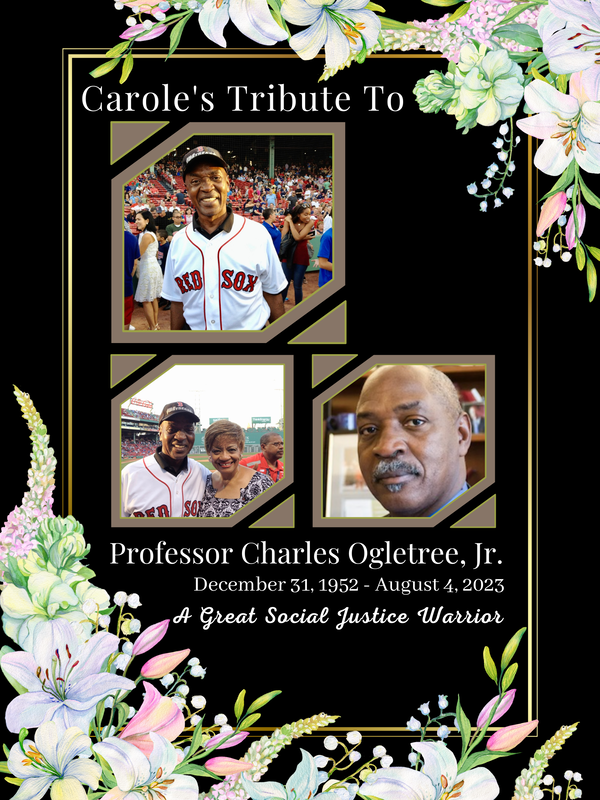
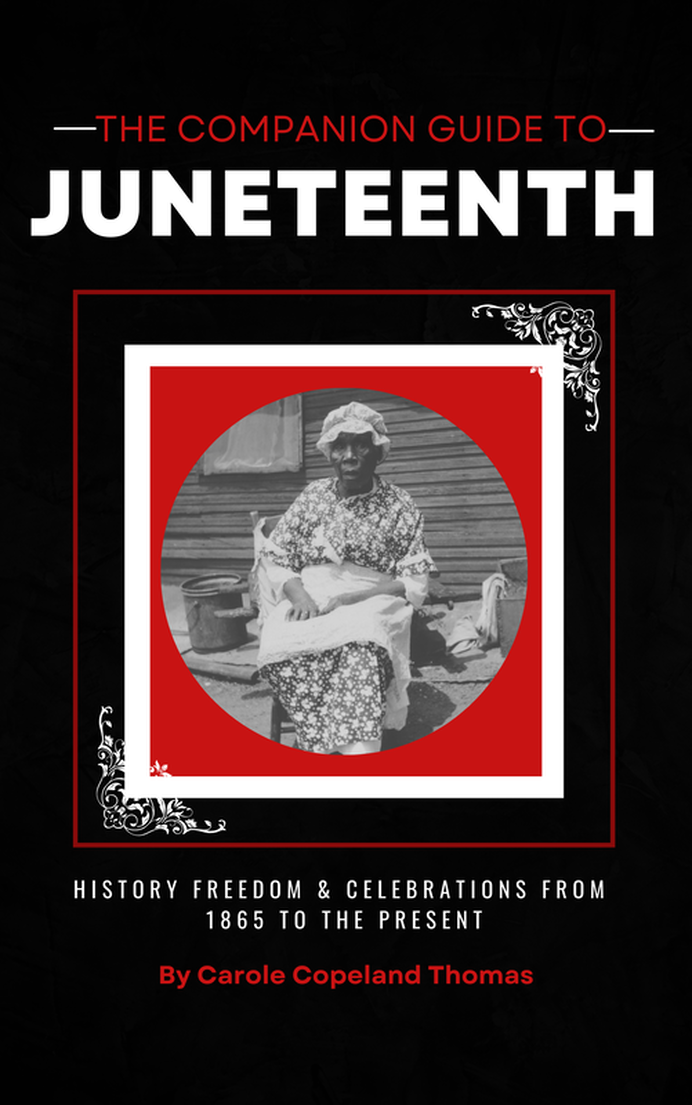
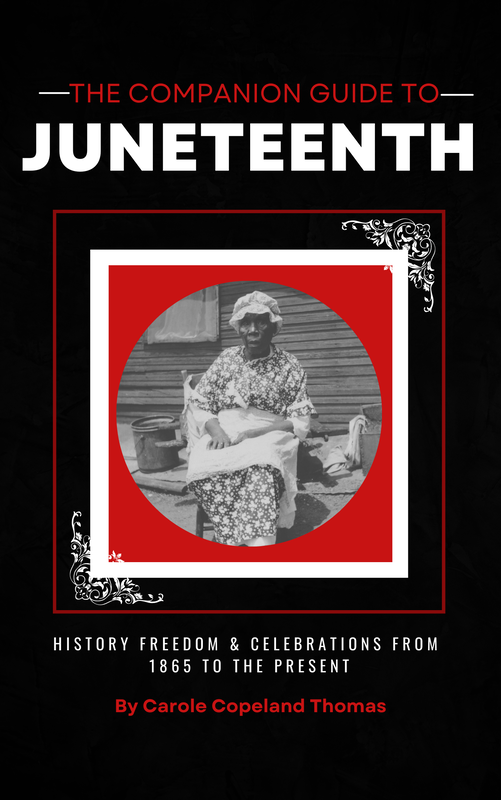
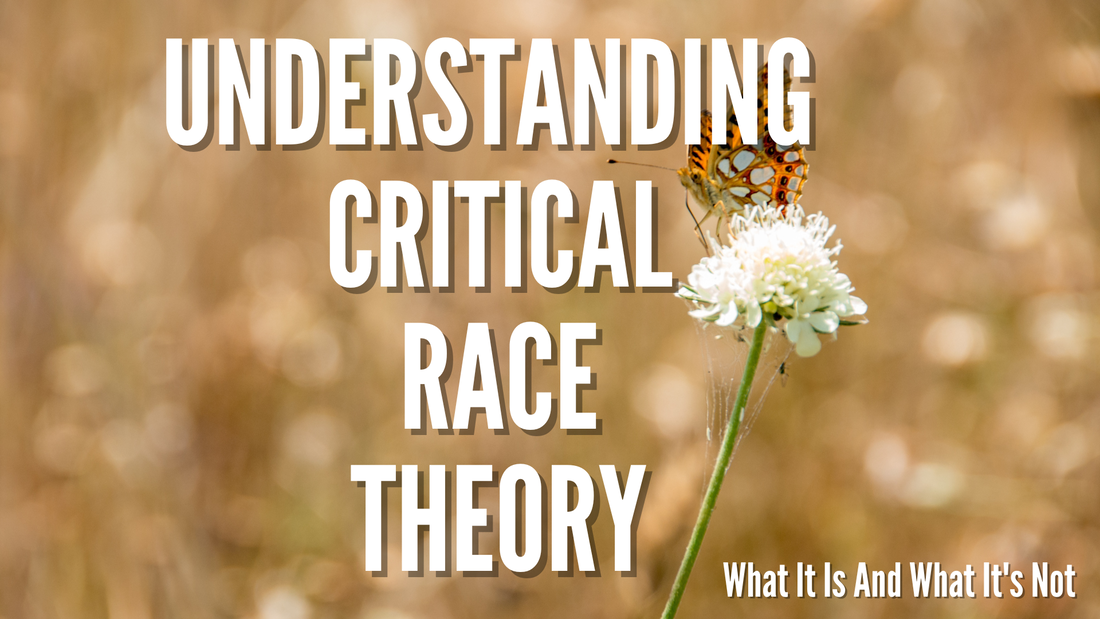
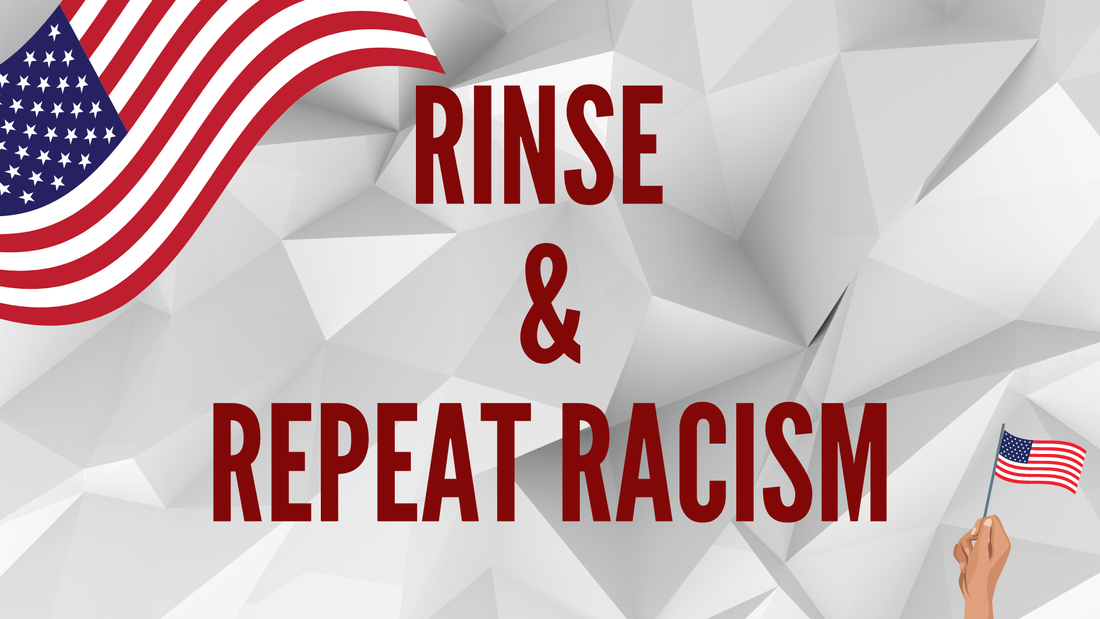

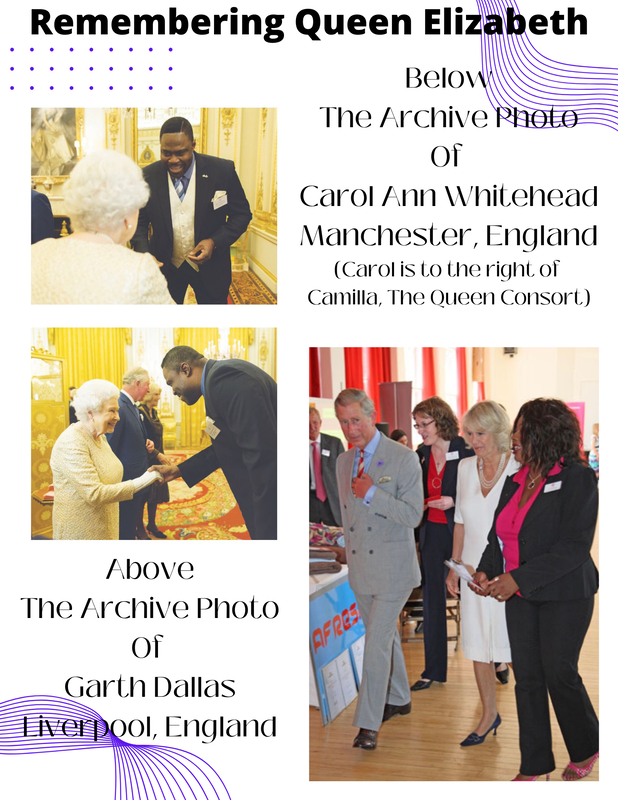
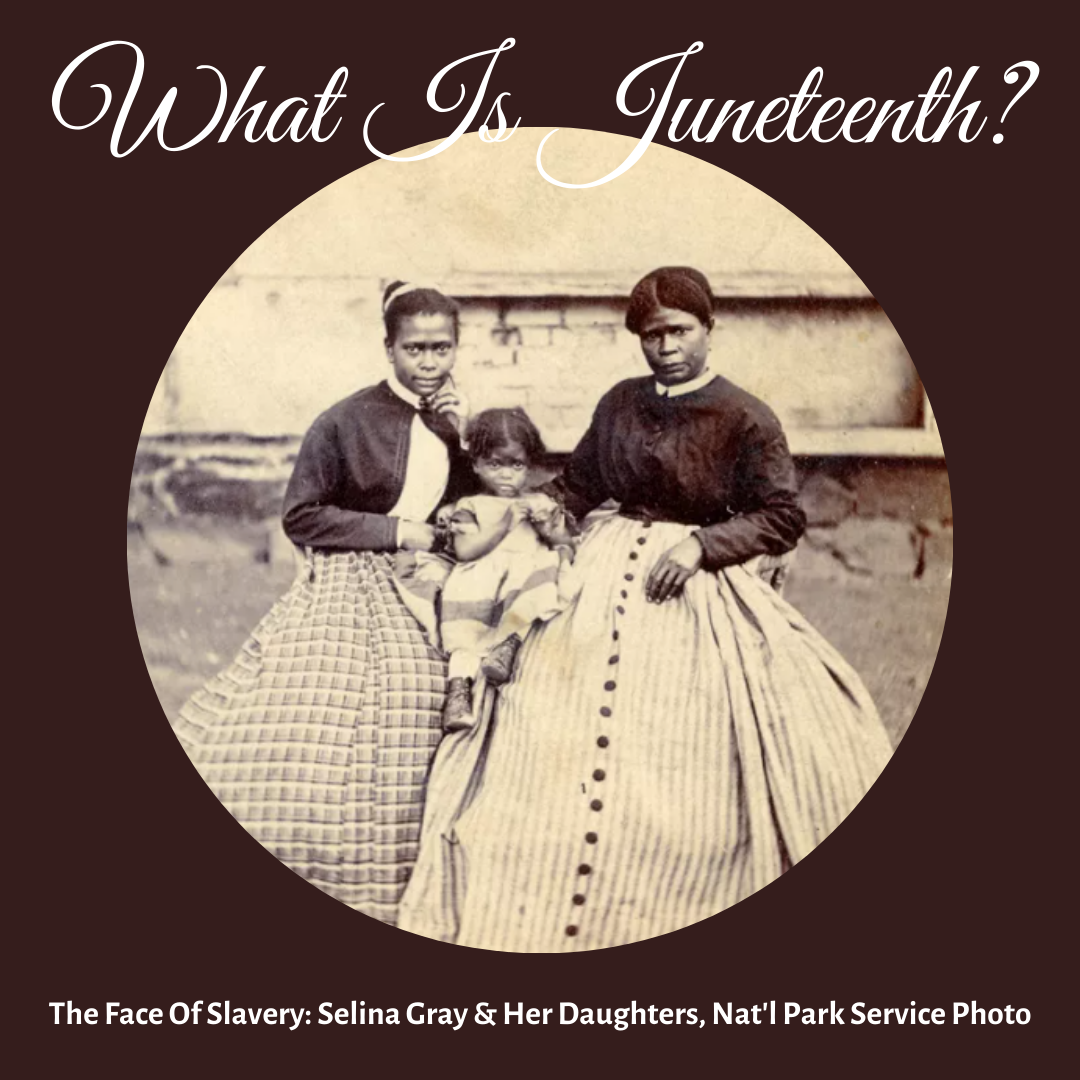


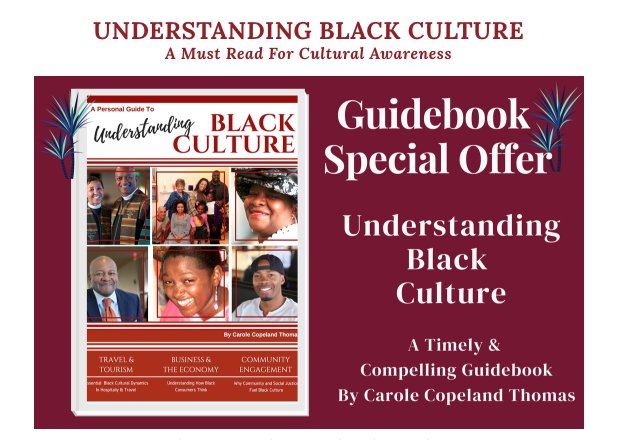
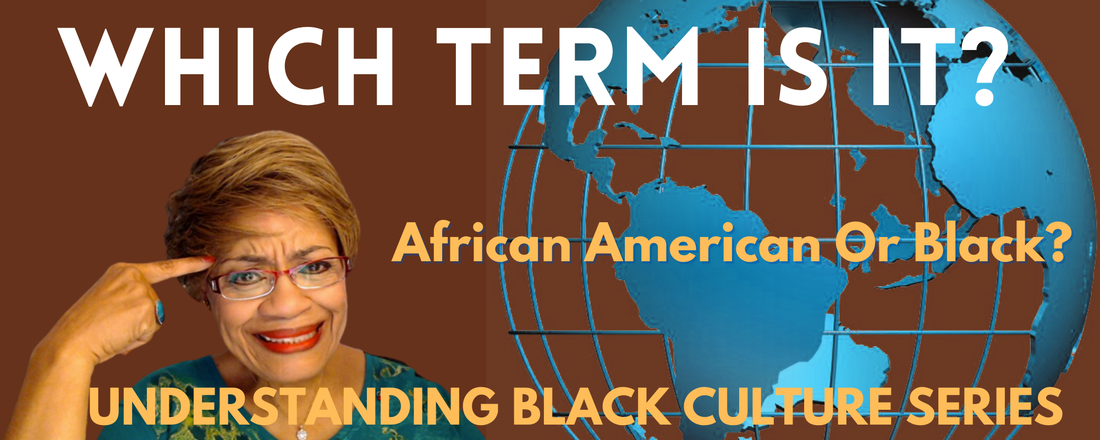
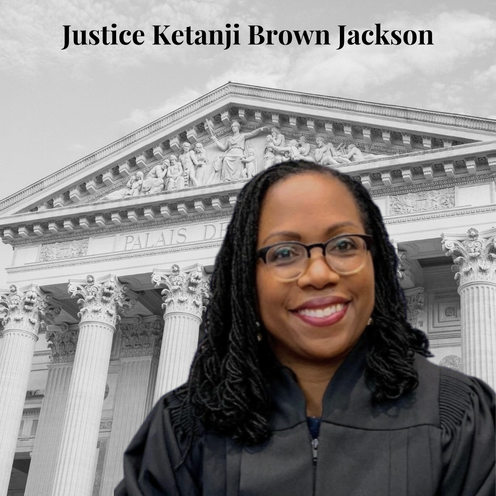
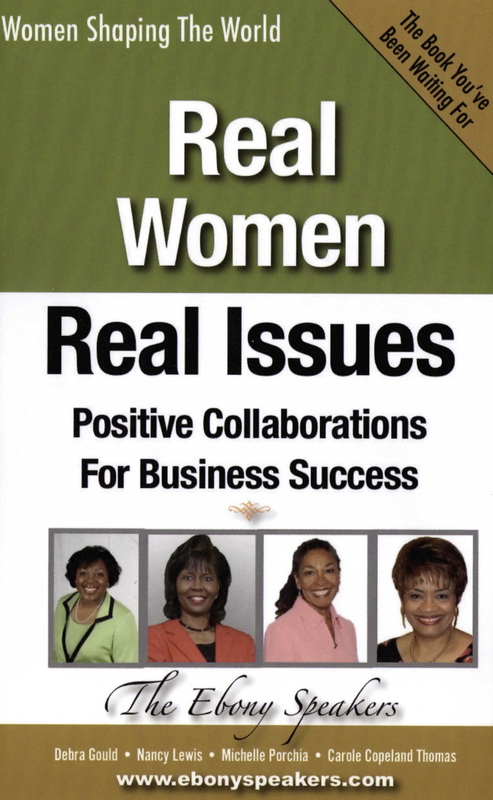
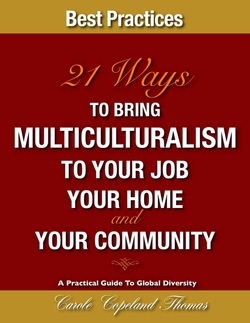
 RSS Feed
RSS Feed


